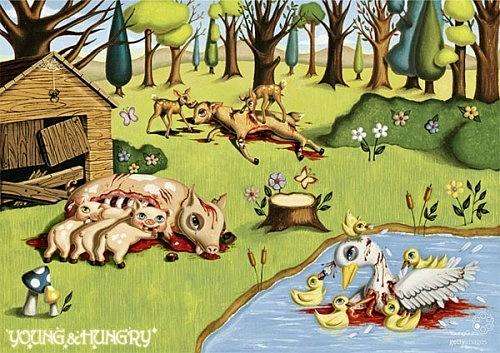说说“啃老族”如何用英语表达,有哪些表达方法
“啃老族”又称尼特族,指既不上学也不就业或进修,赋闲在家,依靠家里养活的青年人。英式英语用”NEET”表示,NEET group是指啃老族群体,源于”Not Currently Engaged in Education, Employment or Training “或”Not in Education, Employment or Training”的缩写。美式英语是用boomerang child/kid,”boomerang”最早来源于澳大利亚土著居民的一种回力镖(澳大利亚土著居民扔出后能飞回的飞镖)。所以,boomerang child/kid是指成年子女离家一段时间后回家与父母同住的, 也称为还巢儿。

价值300元外教英语课程领取:http://www.acadsoc.com.cn/lps/lp4.htm?search=700053 (北美原版教材)
Eg:
"The boomerang kid" refers to the life of young people depend on their parents.
“啃老族”指的是依靠父母生活的年轻人。
In recent years, with employment difficulty, more and more young people to join "the boomerang kid" ranks.
近几年来,由于就业困难,越来越多的年轻人加入“啃老族”的行列。
In Japan, more and more young people have joined in the NEET group who neither go to college nor go to work.
越来越多的日本青年加入到既不上学也不工作的啃老族。
也有人把“啃老族”理解为依靠父母生存的人,因此翻译为“adult dependent child”,然而,这个译法并不正确。因为它的英文释义是:An adult dependent child is one who is incapable of self-care because of a mental or physical disability.也就是一个需要抚养的成年子女是因为心理缺陷或生理缺陷而不能自理的人,而不是身心健全却待业在家依靠父母生存的人,含义比“啃老族”宽泛。
用英文表达“啃老族”依靠父母生存时,不是使用”live on”词组,很多人错误地使用了这个短语。事实上”live on”的正确搭配用法是”live on sth”不跟“sb”搭配使用,故不能用live on表示某人依靠某人生存。正确的用法是使用”live off”,表示靠什么人养活。
Eg:
They live on a diet of bread and cheese.
他们靠吃面包和奶酪活着。
This unemployed worker lives on unemployment benefit.
这个失业工人靠失业救济金为生。
This Neet is already 30 years old but still lives off his parents.
这个啃老族已经30岁了,但仍然依靠他的父母生活。
下一篇> 你见过国内哪些有误的英语翻译神作






评论